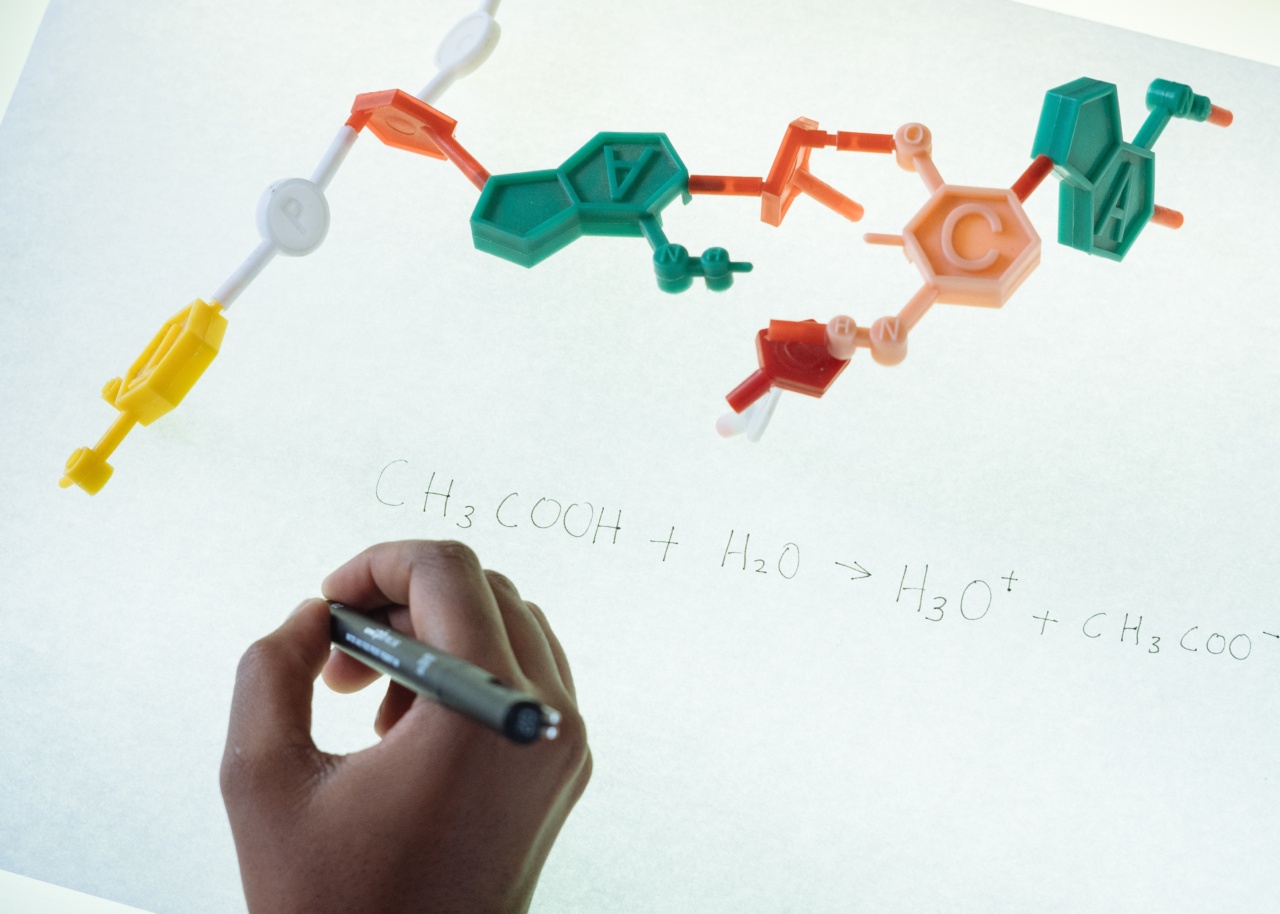For generations, we’ve been told to drink milk to build strong bones and prevent fractures. But recently, some studies have suggested that consuming milk may actually be associated with a higher risk of fractures.
So, what’s the truth? Let’s take a closer look at the research.
What the Old Research Said
For many years, it was widely believed that milk was key to building strong bones. This belief was based on studies that showed a positive association between dairy intake and bone health.
For example, research had shown that people who consumed more dairy products had higher bone mineral density and a lower risk of fractures than those who consumed less dairy.
However, some experts began to question whether milk was really the cause of these benefits.
For example, people who consume more dairy products may also be more likely to engage in other bone-healthy behaviors, such as exercising regularly or eating a diet rich in fruits and vegetables. And there may be other factors that contribute to bone health besides diet, such as genetics and lifestyle choices.
The New Research
More recently, some studies have suggested that milk may not be as beneficial for bone health as once thought.
For example, a review of 29 studies published in the British Medical Journal found that milk intake was not associated with a lower risk of fractures in women and may even be associated with a higher risk of fractures in men. Another study published in JAMA Pediatrics found that high milk intake during adolescence was not associated with a lower risk of hip fractures later in life.
So, what’s going on? One theory is that while milk is a good source of calcium, it may not be the best source. Other foods, such as leafy greens and salmon, may provide calcium in a form that is more easily absorbed by the body.
Additionally, some experts believe that focusing too much on calcium intake may mask other factors that contribute to bone health, such as vitamin D and exercise.
The Bottom Line
So, what should we make of all this? It’s clear that the link between milk and bone health is more complex than we once thought.
While milk may be a good source of calcium, it’s not the only source, and may not be the best source for everyone. Additionally, other factors besides calcium intake play a role in bone health. So, if you love milk, there’s no need to give it up entirely.
But it’s worth considering other sources of bone-healthy nutrients and focusing on an overall healthy lifestyle that includes regular exercise and a balanced diet.































